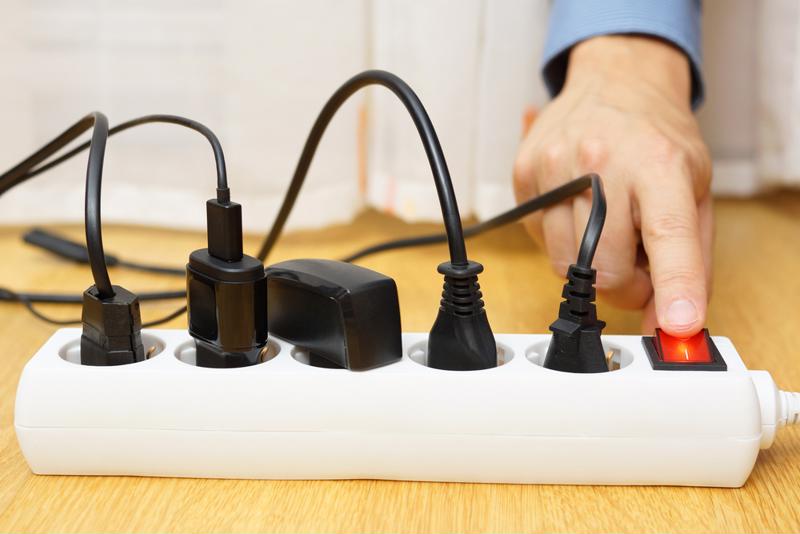When was the last time you took a long, hard look at how your home uses the energy you're paying for?
Energy consumption may not always be at the top of a homeowner's mind, but it's an important trait in any house. Whether it be natural gas or electricity, reducing utility use isn't just healthy for the environment, but it's beneficial for your wallet, as well.
Get the whole picture
First and foremost, schedule an energy audit. You can't know which changes will have the greatest effect if you don't have insight into exactly how your home uses its utilities. Nerd Wallet reported that an assessment only costs between $300 and $500, and provides the following:
- Energy rating.
- Energy efficiency number, also known as the Home Energy Rating System index.
- Detailed information on how the aforementioned figure will improve based upon renovations you plan to make.
The typical newly built home is given a HERS rating of 100 and is used as a jumping off point for evaluating energy consumption, according to the Residential Energy Services Network. If your home receives a score of 80, that would mean it's 20 percent more energy efficient than the standard. Likewise, getting 120 would mean the house is 20 percent less efficient.

Time for a change
Now that you have an idea of how energy efficient your home is—and what changes will have a lasting impact—it's time to get started on improving your home. In terms of saving money, perhaps the most important upgrade you can make is installing a smart meter, the U.S. Department of Energy reported.
Utility providers upcharge for electricity used during peak hours, usually from 9 a.m. to 5 p.m. This means that running your dishwasher during the day while you're at work could be considerably more expensive than turning it on at night. A home energy management system allows you to program exactly when and how you want to use energy during the day and at night, giving you total control over how much you're charged.
With how far technology has advanced over the last few decades, the next part is easy—start installing energy efficient appliances. Be sure to check and compare the kilowatt per hour consumption of each new piece of equipment you buy with your old one, whether it be a dishwasher, clothes dryer or refrigerator. Nerd Wallet reported that just because it has the Energy Star certification, doesn't necessarily mean it's an improvement over what you already have in place.
Those looking to make energy efficiency improvements to sell their home may want to renovate the insulation or windows to trap more heat. While these can be expensive projects, energy-conscious homeowners will pay a premium for them and the savings over time will help to return the investment.
Finally, don't forget to take another look at your water heater, lighting, heating and cooling. According to the DOE, these can all have sizable impacts on how much energy your home consumes.

